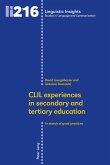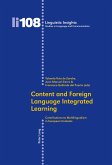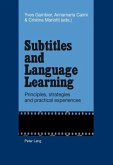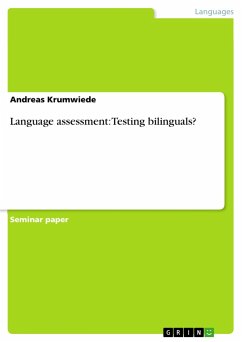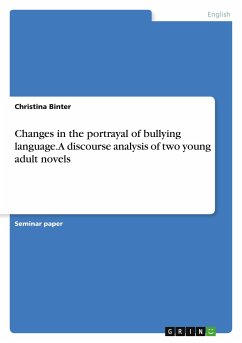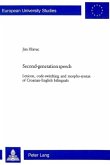The question whether bilingualism is linked to benefits in cognitive control (executive functions) is intensely debated among linguists. While some studies come to the conclusion that bilingual individuals consistently outperform their monolingual counterparts on tasks involving cognitive control, other studies argue that there is no coherent evidence showing that bilingual advantages actually exist. This opposing view results from two inadequately investigated perspectives, namely the complexities of bilingualism and the multifaceted nature of cognitive control.
This publication combines these two perspectives and presents a new approach towards the analysis of bilingual advantage. It discusses the results of a combined analysis of both specific bilingual experiences and specific aspects of cognitive control.
This publication combines these two perspectives and presents a new approach towards the analysis of bilingual advantage. It discusses the results of a combined analysis of both specific bilingual experiences and specific aspects of cognitive control.


